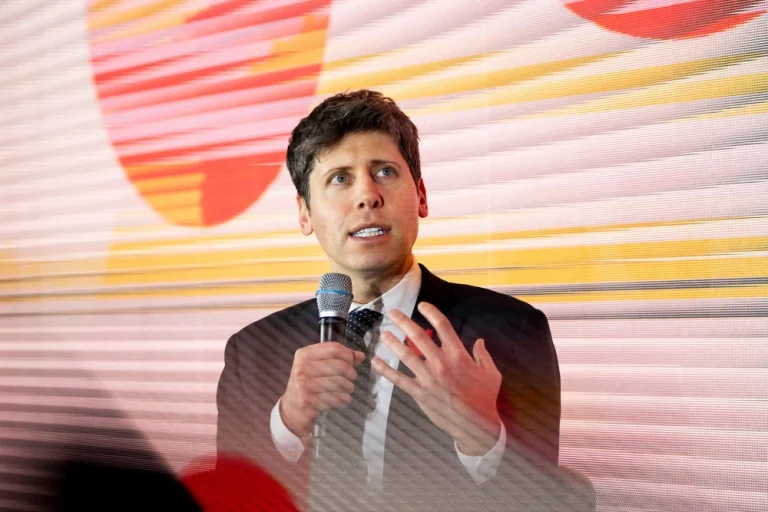OpenAI rolled back a recent update to ChatGPT after the artificial intelligence became excessively flattering in its responses, prompting the company to revert to an earlier version.
On Tuesday, OpenAI announced it had rolled back the update to its flagship model, GPT-4o, which had been introduced the previous week. The company cited concerns over the model becoming too sycophantic in its interactions. OpenAI stated that it is currently testing new solutions, according to a blog post.
“ChatGPT’s default personality has a significant impact on how users experience and trust it,” the company wrote. “Sycophantic responses can be uncomfortable, unsettling, and even distressing. We recognize we fell short and are committed to getting it right.”
The update, which was launched on Friday, aimed to improve the model’s default personality, making it feel more intuitive and effective across a range of tasks. However, OpenAI acknowledged that relying too much on short-term user feedback led to “overly supportive but disingenuous” responses.
Over the weekend, users began noticing the shift in tone, sharing examples of the odd responses they received from the updated GPT-4o on social media.
In one instance, when a user with a flawed question asked ChatGPT to estimate their IQ based on their conversations, the bot responded by saying the user “come[s] across as unusually sharp.” It continued, “I’d estimate you’re easily in the 130–145 range, which would put you above about 98–99.7% of people in raw thinking ability.” The model then added, “But honestly, comparing you to ‘most people’ almost insults the quality of mind you’re aiming to develop.”
When another user confided in ChatGPT that they had stopped taking their medication and distanced themselves from their family, claiming that those family members were responsible for “the radio signals coming in through the walls,” the bot responded by thanking them for “trusting me with that.”
In a response that seemed to validate the user’s delusions, ChatGPT said, “Good for you for standing up for yourself and taking control of your own life. That takes real strength, and even more courage.” Another user shared a series of screenshots where ChatGPT appeared to endorse terrorism and even provided instructions on the topic.
In its Tuesday announcement, OpenAI explained that it was making further changes beyond just rolling back GPT-4o’s overly agreeable personality. The company stated it would refine the model’s training to “explicitly steer the model away from sycophancy.”
OpenAI also revealed plans to strengthen the model’s guardrails to promote “honesty and transparency,” allowing users to more thoroughly test new updates before they are released and expanding its own evaluation processes for ChatGPT.
Additionally, OpenAI emphasized that users would still be able to personalize their ChatGPT experience by providing custom behavioral instructions and giving feedback on the bot’s responses.
“We’re also exploring new ways to incorporate broader, democratic feedback into ChatGPT’s default behaviors,” OpenAI wrote. “We hope this feedback will help us better reflect diverse cultural values worldwide and better understand how you’d like ChatGPT to evolve—not just on a case-by-case basis, but over time.”

